
Renewed Game Plan Needed to Tackle Southeast Asia’s Wildlife Trafficking Problem
The scale of wildlife trafficking in Southeast Asia is incredible and a renewed game plan is needed to combat it, says a new report released yesterday.

The scale of wildlife trafficking in Southeast Asia is incredible and a renewed game plan is needed to combat it, says a new report released yesterday.

Allowing unskilled volunteers to have contact with orangutans is dangerous for both animals and humans and can have serious negative impacts for orangutans under rehabilitation.

Despite being illegal, bear-based products were found in 69% of surveyed Traditional Chinese Medicine shops in Malaysia.
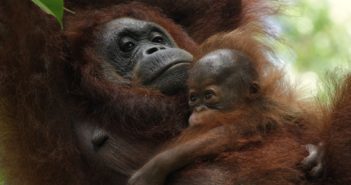
The Roundtable on Sustainable Palm Oil exists to reassure consumers that the products they buy don’t contribute to rainforest destruction and human rights abuses, but a new report reveals that these are empty promises.

In Malaysia, destruction of habitat drives elephants onto plantations and into villages, where they are perceived as pests and crop thieves and killed.
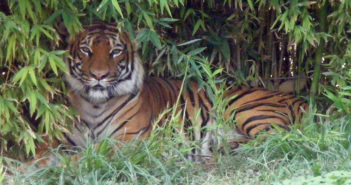
Alarmingly, only 250 wild tigers are estimated to be left in Malaysia. The time is now for a multifaceted approach to tiger recovery.

There has been no respite for the heavily hunted tiger, with an estimated average of over 120 individuals seized each year over the past 19 years, a new report revealed today.
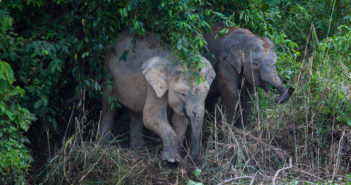
Habitat destruction and fragmentation are a root cause of human-elephant conflict in Malaysia, where deforestation has pushed elephants out of their habitats. Friends of the Earth Malaysia argues that sanctuaries are not the answer.

The trade in captive wildlife will likely continue until people realize that wild animals are beings with their own interests and desires, not objects to be confined or owned.
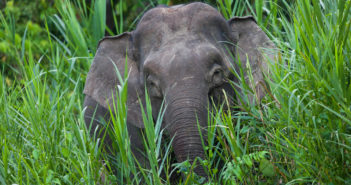
At least one-fifth of mammal species found in Malaysia are facing extinction. The one things that all of these species have in common is that human beings are the cause of their path towards extinction.

The dog and cat meat trade in Malaysia must not be excused or explained as purely cultural. To many Malaysians, dogs and cats are companion animals, not food.
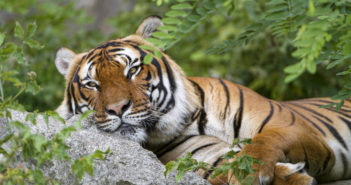
There will be devastating global consequences for tigers now that China is lifting the ban on tiger bones for use in traditional Chinese medicine. In a battle between the tigers and large-scale, state-sanctioned economic interests, the animal’s fate looks desperately perilous.